Mr. Vu Quang Dao, from Nam Thinh commune (Tien Hai district), checks the growth of his honeybee colony.
As one of the first people in Nam Thinh commune (Tien Hai district) to implement the honey bee farming model, Mr. Vu Quang Dao has been involved in the profession for over 20 years. Thanks to his diligent learning and application of the correct techniques, his family's bee colonies have thrived. From the initial 7 colonies, he now has over 300 honey bee colonies. On average, his family harvests 10 tons of honey per season. In addition to honey bee farming, Mr. Dao also breeds bees to sell bee colonies, increasing economic efficiency. His family's income from selling bee colonies and honey reaches nearly 700 million VND per year. He said: "Bee farming doesn't require a lot of investment; it mainly depends on the natural flowering resources of the coastal mangrove forests. When the flowering resources in the area are depleted, beekeepers will move their colonies to other areas to find flowers for honey production. Beekeeping isn't difficult, but it requires patience, a solid understanding of techniques, and a thorough knowledge of bee behavior." Beekeepers need to focus on beekeeping techniques from selecting breeds and locations, paying particular attention to the growth process of the bee colony; techniques for splitting colonies, effectively applying centrifugal honey extractors to harvest honey to increase yield and ensure honey quality, regularly checking the frames, and continuously moving the frames to accumulate new honey to increase honey productivity.
Mr. Nguyen Van Chien from Hong Bach commune (Dong Hung district), who has over 20 years of experience in beekeeping, said: "To ensure a healthy bee colony with high honey yield and quality, beekeepers need skill and careful attention. Every day, they must regularly check and clean the beehives, ensuring they are always dry and clean, and proactively prevent diseases and harmful insects. In particular, beekeepers must pay attention to the growth process of the bee colony, master the techniques of splitting colonies, creating queen bees, harvesting honey and pollen, and promptly handle bee swarming and larval rot. During inspections, be extremely gentle and careful. Depending on the time of year, appropriate measures must be taken to protect the bees from cold and heat. With a selling price of 250,000 VND/liter, after deducting expenses, I earn 300-400 million VND per year."
According to Mr. Chien, many people liken beekeepers to nomads because within a year they have to move their bee colonies from one region to another to find food for the bees. Although bees are hardworking creatures, the intensity and duration of their work depend heavily on the temperature and the abundance and quality of flowers in the surrounding area. Beekeeping for honey production is very dependent on weather conditions. In years with alternating rain and sunshine, when trees sprout and bloom, and in areas with abundant flowers, it only takes 10 days to half a month to harvest golden honeycombs. Unpredictable weather will affect the quality and yield of honey. Specifically, if it rains too much, the honey will be thin; if the sun is too strong, the honey will be thick and difficult to extract. Good honey should be light yellow, shimmering, have a natural pollen aroma, and a subtly sweet taste, not an overly sugary sweetness.
Currently, the province has approximately 800 beekeeping households, with a total of 12,000 bee colonies. In recent years, beekeeping for honey production has developed strongly, especially in coastal communes. Many households have proactively learned and applied techniques, expanding the scale of their bee colonies. Relevant professional agencies have also actively organized training and provided technical guidance to help people improve honey productivity and quality. For sustainable development, beekeepers need to adhere to technical procedures, control product quality, and build brands to bring honey to supermarkets and broader markets.
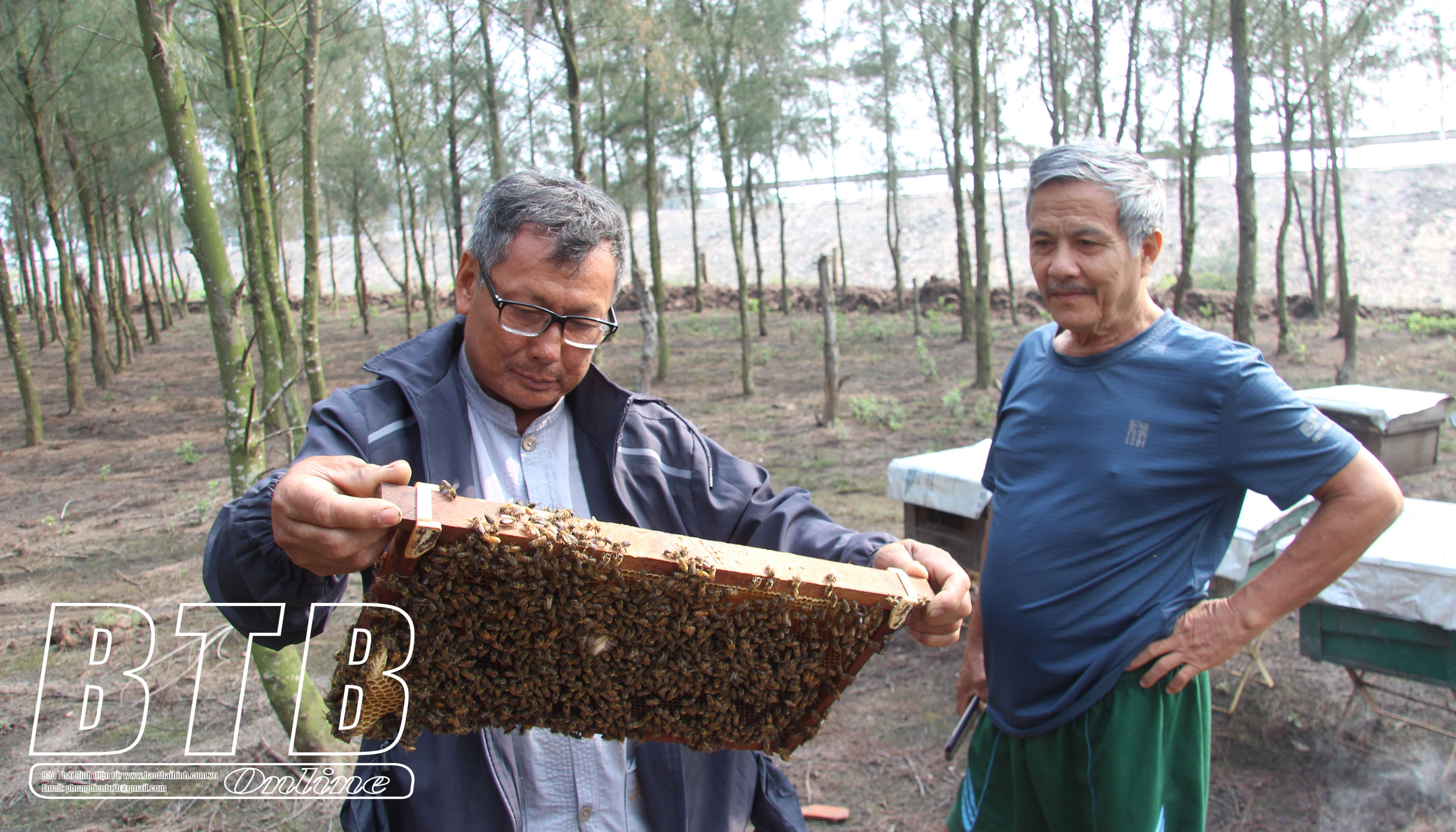
A model of beekeeping for honey production by households in Nam Phu commune (Tien Hai district).
Manh Thang
Source: https://baothaibinh.com.vn/tin-uc/4/226839/hieu-qua-nuoi-ong-lay-mat



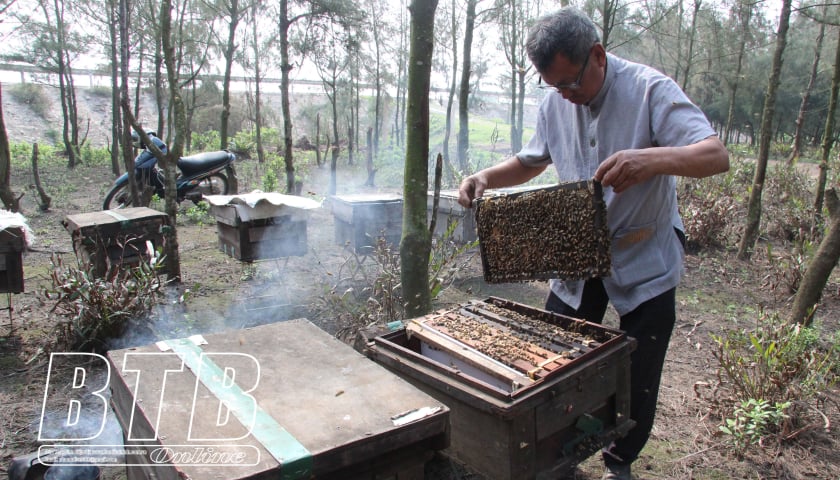
![[Photo] General Secretary To Lam attends the opening session of the Peace Council on Gaza.](https://vphoto.vietnam.vn/thumb/1200x675/vietnam/resource/IMAGE/2026/02/19/1771516865192_tbttolam5-jpg.webp)
































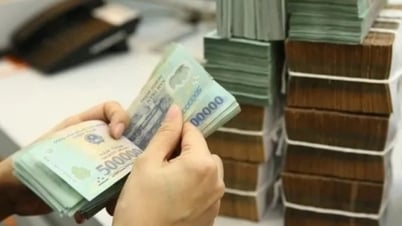

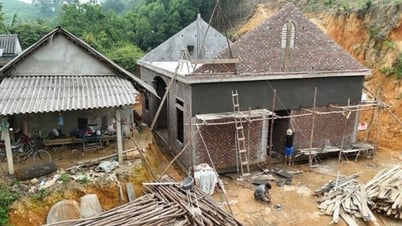
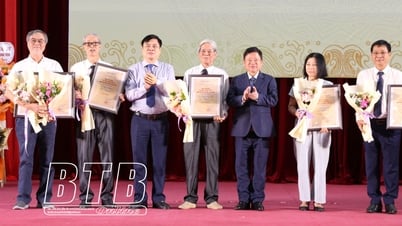
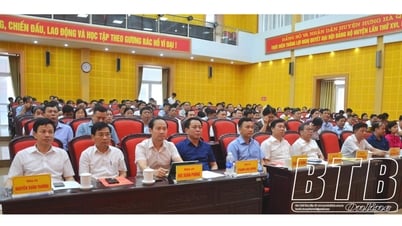

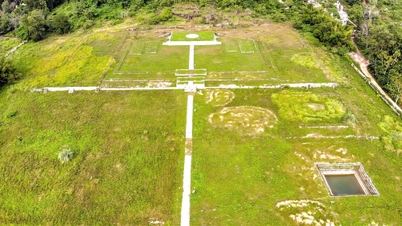










































































Comment (0)